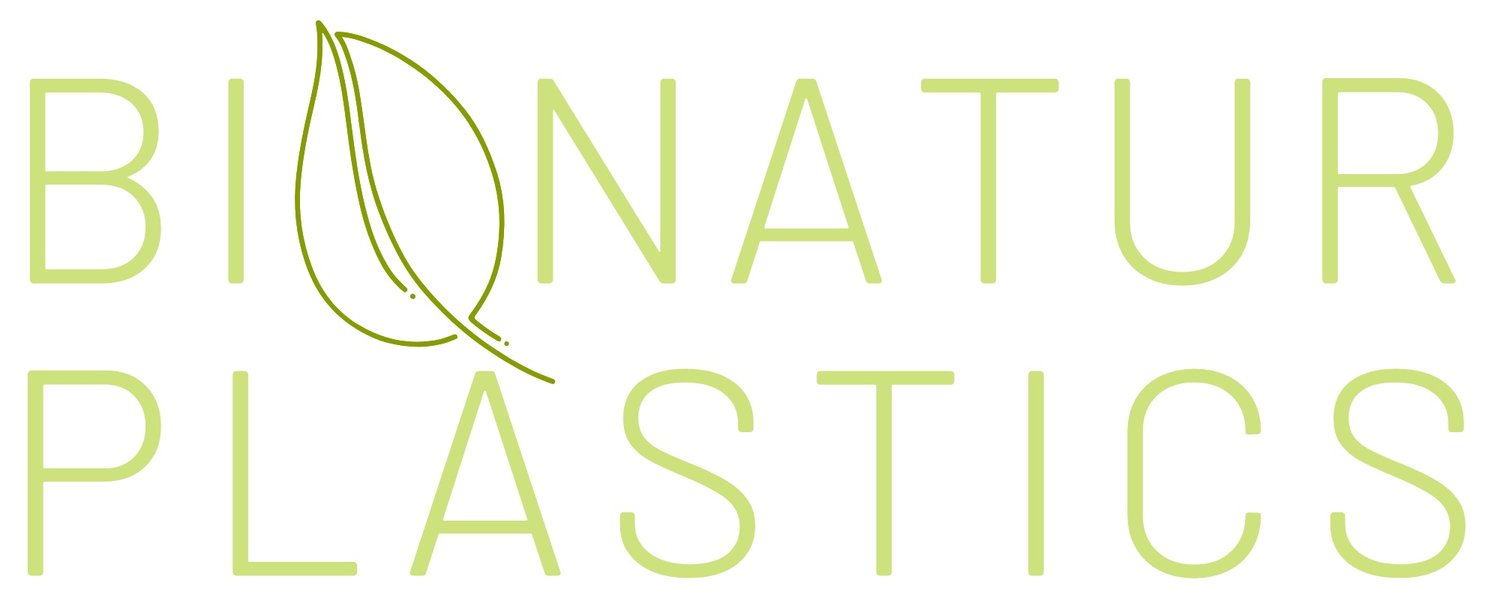Eco-Friendly or Eco-Fraud? The Startling Truth About "Compostable" Trash Bags
In an era where environmental consciousness is on the rise, the demand for eco-friendly products is at an all-time high. Among the many items marketed as sustainable alternatives to their conventional counterparts, "compostable" trash bags have gained significant popularity. These bags are promoted as a solution to the plastic waste crisis, but the reality behind their eco-friendly claims is often more complicated than it seems.
At BioNatur we take these claims very seriously, as we prioritize thorough testing procedures to ensure the validity of our claims before any of our products are introduced to the market.
We’ve taken a deep dive into the world of "compostable" trash bags to unravel the web of greenwashing that surrounds them. From misleading terminology to the unexpected truths about their disposal, we'll expose the hidden realities of these supposedly eco-conscious products.
Misleading Compostability Claims
One of the key misconceptions about compostable kitchen trash bags is that they will naturally biodegrade in a landfill. However, this is far from the truth. Compostable materials are designed to break down under specific conditions, typically in an industrial or home composter. Popular compostable trash bag brands such as Hold On proudly display their "BPI certified" label, which suggests that the material will biodegrade—but what they fail to mention is that this composting is only possible in an industrial composter, not a landfill, where 91% of all plastic waste – including your trash bag! – will end up.
The reality is that very few people send their kitchen trash to an industrial composter. Most of us rely on municipal waste collection services that transport our garbage to landfills where the conditions are not possible for compostable materials to break down. This means that those "compostable" trash bags you've been using are likely to persist in landfills just like regular plastic bags, contributing to the long-lasting problem of plastic waste.
The "Plant-Based" Deception
Another aspect of the misleading marketing surrounding compostable trash bags is the claim that they are "plant-based." While this may sound environmentally friendly, it's essential to dig deeper into the materials used to make these bags. For example, the brand EcoSafe-6400 tout their bags as being made from "EcoVio" plastic. However, EcoVio plastic is composed of PBAT (Polybutyrate adipate terephthalate) and PLA (Polylactic acid), and here's the catch: PBAT is a synthetic polymer derived from oil, not plants.
The term "bio-based" is often used to describe materials like PBAT because it is technically derived from organic matter—specifically, oil, which is a product of the decay of animal and plant matter over millions of years. So, while it may technically be "bio-based," it is not the sustainable, plant-derived material that consumers are led to believe.
Misleading Marketing: A Concerning Trend
The marketing tactics employed by some compostable trash bag brands are concerning, to say the least. At best, they mislead consumers into believing that their products are more environmentally friendly than they truly are. At worst, these companies may intentionally perpetuate false claims to drive sales.
As responsible consumers, it's crucial to be informed about the products you use and the claims made by manufacturers. While the intention to make more sustainable choices is admirable, relying on misleading marketing can lead to choices that may not be as environmentally friendly as you think.
Making Informed Choices: Paving the Way to a Greener Future
In the quest for a more sustainable lifestyle, it's essential to scrutinize the claims made by product manufacturers carefully. Compostable kitchen trash bags may not be the eco-friendly solution they are marketed to be, especially if they end up in landfills where they fail to break down. As consumers, we must remain vigilant and seek truly sustainable alternatives to reduce our environmental footprint. By making informed choices, we can contribute to a greener future that aligns with our values and the health of our planet.

